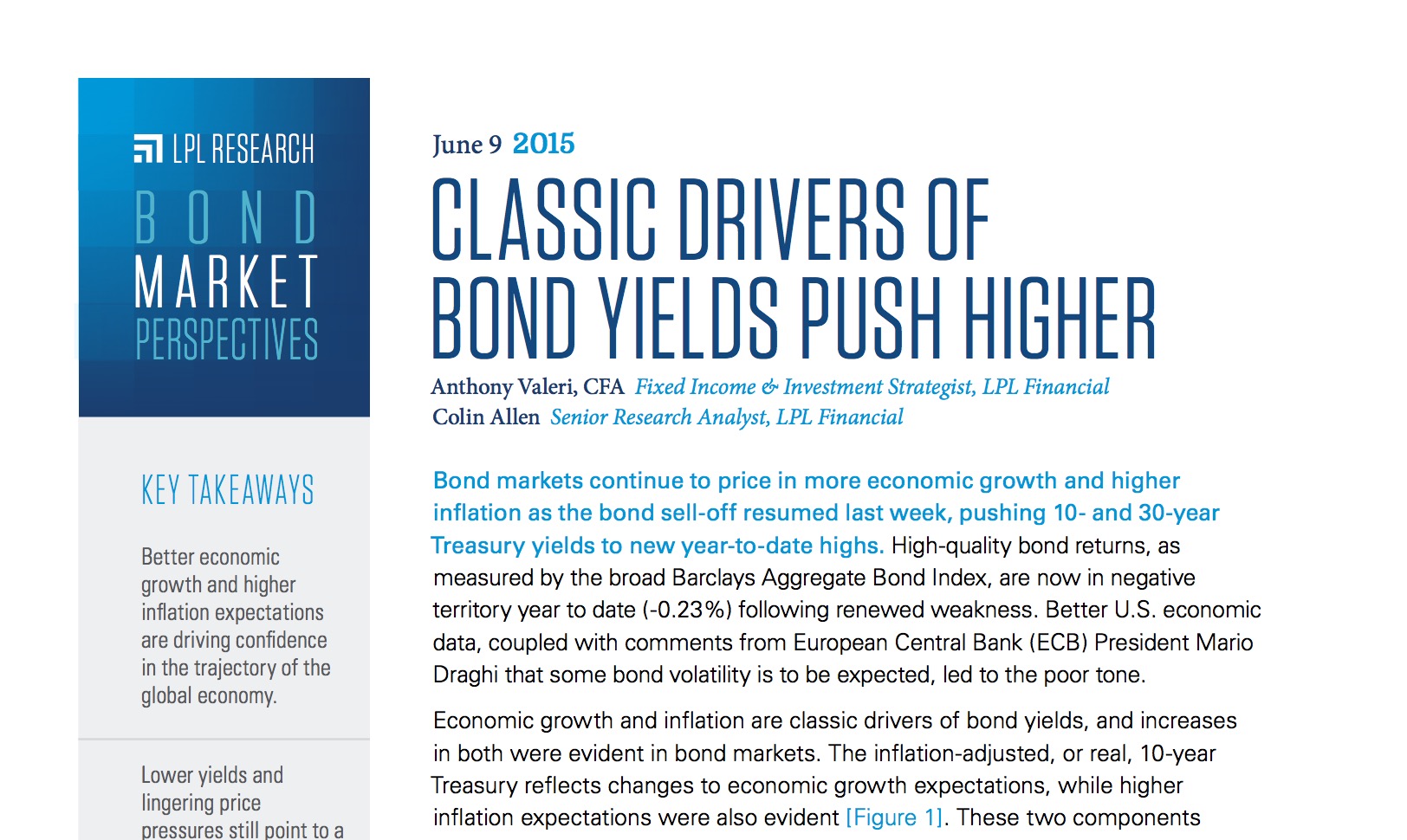by Ben Carlson, A Wealth of Common Sense
Richard Thaler’s new book, Misbehaving: The Making of Behavioral Economics, is about as good as it gets when it comes to understanding how human nature and various cognitive biases affect our decisions. It’s basically a historical account of the beginnings of the field of behavior economics told through Thaler’s personal and professional experiences.
The entire book is worth a read, but I think Thaler’s focus on the very biggest financial decisions people are forced to deal with has always been his best material. Here he discusses one of the reasons so many people run into trouble with their finances:
The next day I presented what I now call the “Binmore continuum” in his honor. I wrote a list of products on the blackboard that varied from left to right based on frequency of purchase. On the left I started with cafeteria lunch (daily), then milk and bread (twice a week), and so forth up to sweaters, cars, and homes, career choices, and spouses (not more than two or three per lifetime for most of us). Notice the trend. We do small stuff often enough to learn to get it right, but when it comes to choosing a home, a mortgage, or a job, we don’t get much practice or opportunities to learn. And when it comes to saving for retirement, barring reincarnation we do that exactly once. So Binmore had it backward. Because learning takes practice, we are more likely to get things right at small stakes than at large stakes. This means critics have to decide which argument they want to apply. If learning is crucial, then as the stakes go up, decision-making quality is likely to go down.
Thaler tells us in the book that in order to learn from an experience two conditions must be met: (1) frequent practice and (2) immediate feedback. With low stakes decisions we all get plenty of opportunities get things right because everyone has to make minor moves on a daily basis that have a small impact on their finances. It’s those big decisions — buying a house or a car, savings for retirement, paying for your children’s college education — that we get very few chances at perfecting. Yet those decisions will have by far the biggest impact on your finances.
People focus on getting the small things right because they can see those immediate results. This is also why so much of the personal finance advice out there focuses on cutting back on lattes, bringing brown bag lunches to work or making homemade shampoo. These things keep people busy, but rarely make a dent in your bottom line. It sounds like good advice because it’s something you can do right away, but those moves are a drop in the bucket in the grand scheme of things.
Not only do we get very few chances to perfect the most impactful financial moves in our lives, but more often than not, you’re left to your own devices on these decisions. Buying a home is a purchase that is driven by emotions nearly every step of the way, but most people look to their real estate agent for guidance. For the most part, colleges and high schools do a terrible job of providing young people with actual career skills. People usually start to plan for their retirement in their 40s or 50s, squandering the benefits of compound interest. Very few people are taught useful personal finance habits unless their parents show them the way. Most are forced to learn on their own through trial and error.
The sad thing is that it’s difficult to measure the impact of most poor financial decisions right away. Sometimes it can take years or even decades to see the damage that can be done by a few wrong financial moves. This past week I was a guest on a podcast (it should be released soon) and I was asked how I define investment success. “It depends” doesn’t sound all that useful, but it’s true in that success can mean different things over different time horizons when trying to judge someone’s finances. You may have to wait a really long time to truly know if you’re a successful investor.
Most goals are open-ended in terms of your personal finances, as well. Even if you’re successful, all it takes is one terribly mis-timed mistake to completely derail all of your progress.
Thaler offers some interesting nudges in his book to help with some of these problems. Some, like automatic enrollment and annual increases in savings rates, are beginning to show some progress in workplace retirement plans. It’s a step in the right direction, but it’s still a shame that so many people are on their own when making huge financial decisions.
Source:
Misbehaving: The Making of Behavioral Economics
Further Reading:
Personal Finances > Portfolio Management
Subscribe to receive email updates and my quarterly newsletter by clicking here.
Follow me on Twitter: @awealthofcs
Copyright © A Wealth of Common Sense














